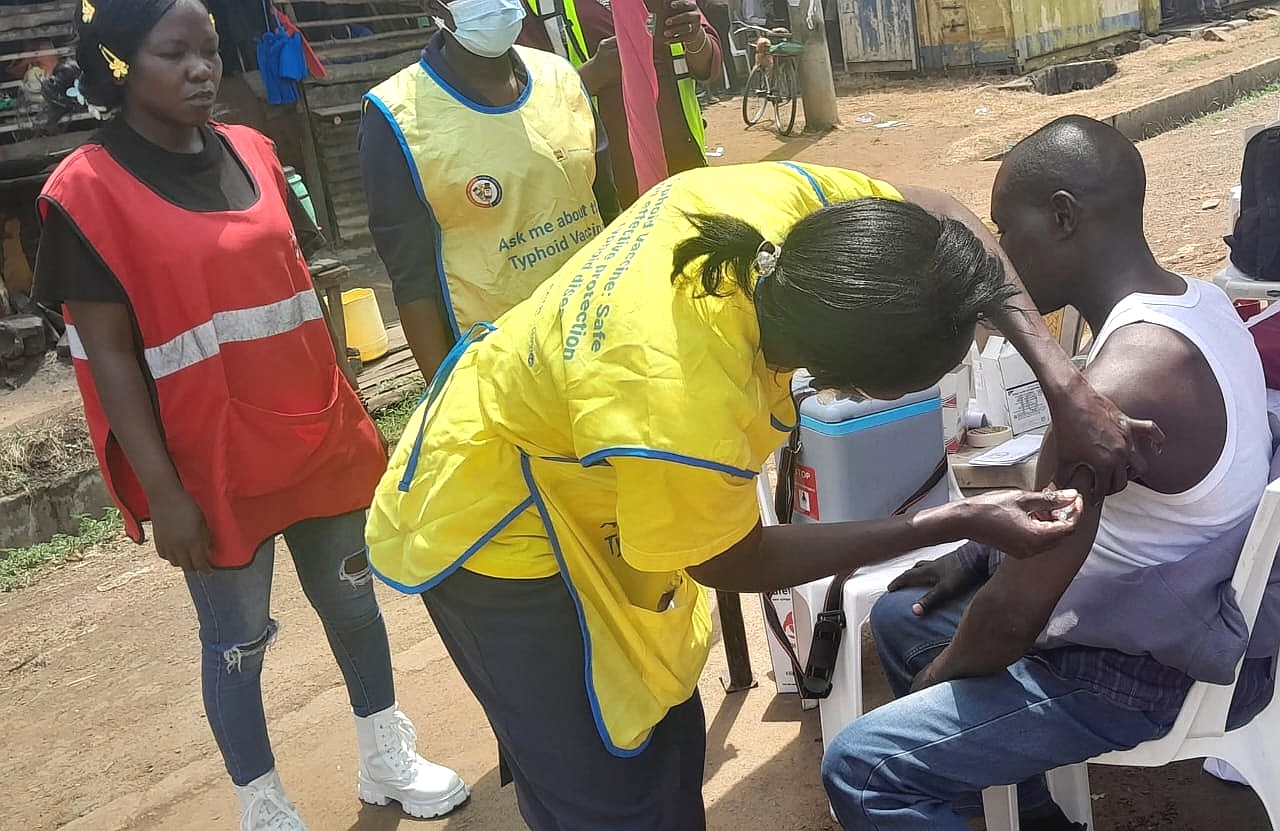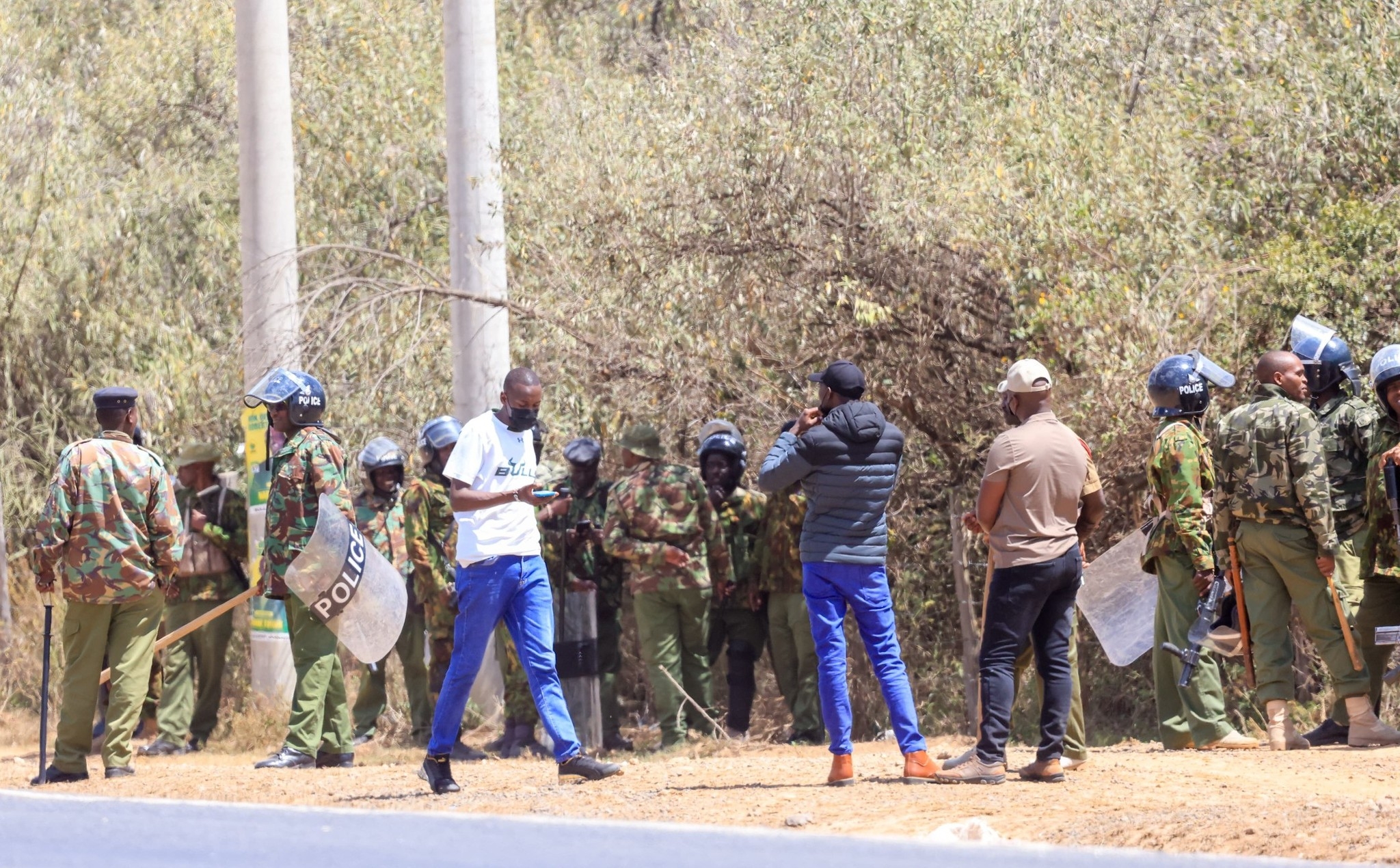
 Malaba resident Pius Etyang is vaccinated against Mpox at Safe Stop in Malaba /HILTON OTENYO
Malaba resident Pius Etyang is vaccinated against Mpox at Safe Stop in Malaba /HILTON OTENYO The World Health Organisation (WHO) has declared that Mpox, formerly known as monkeypox, is no longer a Public Health Emergency of International Concern (PHEIC), even as Kenya continues to record an increase in infections.
The announcement was made on Friday after the fifth meeting of the International Health Regulations Emergency Committee, which reviewed the global outbreak and advised Director-General Tedros Adhanom Ghebreyesus to lift the emergency status.
The recommendation was accepted, with WHO noting that while outbreaks continue, the disease no longer meets the threshold of an international health emergency.
"The Committee advised the Director-General Dr Tedros that the situation no longer represents an international health emergency. He accepted the advice. Lifting the emergency declaration does not mean the threat is over, as mpox outbreaks, including new ones, continue to be reported," the announcement read.
The Director General said the decision followed evidence of a sustained decline in cases and deaths in heavily affected countries, including the Democratic Republic of the Congo, Burundi, Sierra Leone, and Uganda.
He emphasised, however, that the removal of the emergency label does not mean the disease has been eradicated.
“Mpox is still present, and countries must not let their guard down,” he said, pointing to the need to sustain public health measures developed during the emergency phase.
Mpox, formerly known as monkeypox, is a viral disease that causes a distinctive rash, fever, muscle aches, and swollen lymph nodes.
The World Health Organisation (WHO) renamed the disease in 2022 to reduce stigma.
The virus, which is from the same family as smallpox, spreads through close contact with an infected person, animal, or contaminated materials.
There is no cure, and treatment is largely supportive.
Mpox is caused by an orthopoxvirus closely related to smallpox.
The illness begins with fever, body aches, and swollen lymph nodes before progressing to a rash and painful, pus-filled lesions.
In Kenya, however, the disease remains a growing concern.
According to Ministry of Health data, more than 314 cases had been confirmed by early August 2025, spreading across 22 counties.
Humanitarian health updates later indicated that the tally had surpassed 330 cases in at least 24 counties, with Mombasa accounting for nearly half of the total.
The coastal city and the Mombasa–Malaba transport corridor have emerged as epicentres of transmission, with many cases traced to truck drivers, sex workers, and their close contacts.
The nation has so far reported several fatalities linked to the disease, underscoring the continued threat despite the WHO’s declaration.
The global health agency has pledged continued support for Kenya and other African countries to ensure that progress achieved during the emergency phase is not reversed.
To help mitigate the risks, the government has also rolled out vaccination drives in several counties.

















